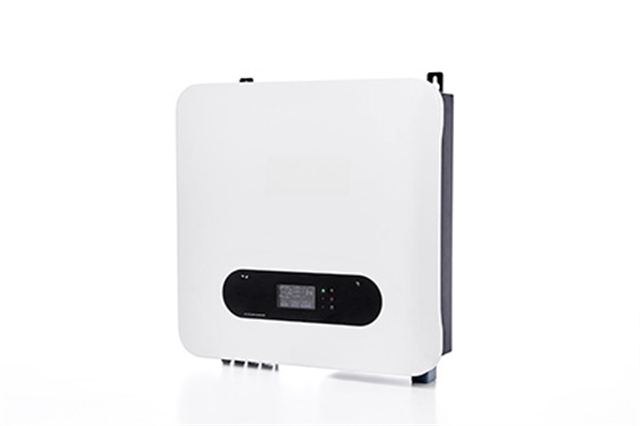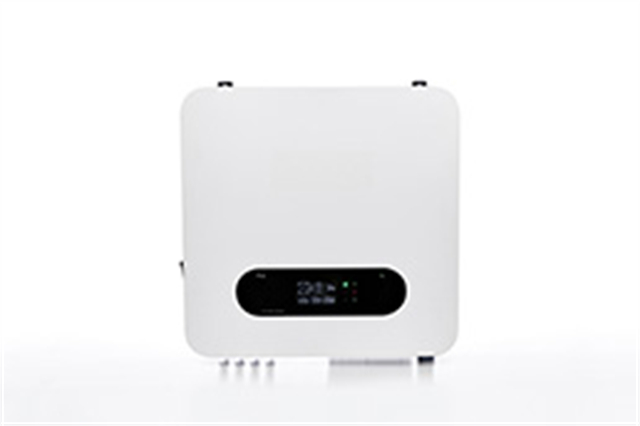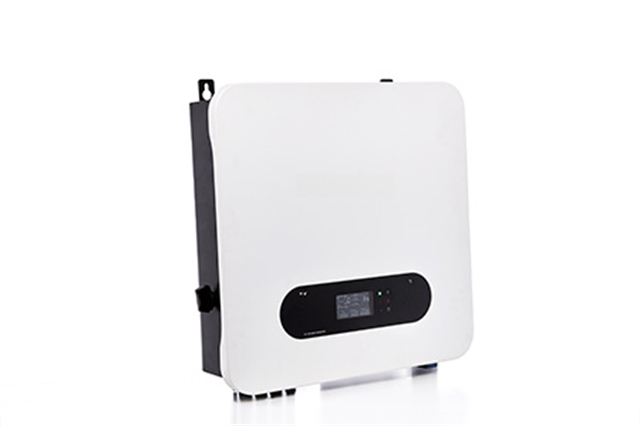Author:BLD Solar Energy SystemFROM:Solar System Converter Manufacturer TIME:2023-09-26
Choosing the right hybrid inverter for on-grid systems is crucial for maximizing the efficiency and effectiveness of renewable energy generation. With the increasing popularity of solar power, it is important to understand the key factors to consider when selecting an inverter that best suits your needs. In this article, we will explore the various aspects to take into account before making a decision.

Hybrid inverters are an essential component of on-grid systems as they convert the direct current (DC) generated by solar panels into alternating current (AC), which can be used to power household appliances or fed back into the grid. Unlike traditional inverters, hybrid inverters have the added capability of storing excess energy in batteries for later use, making them ideal for areas with intermittent grid supply.

The power output and efficiency of a hybrid inverter play a significant role in determining its performance. The power output should match the capacity of your solar panels to avoid any energy wastage. Additionally, selecting an inverter with a high efficiency rating ensures that a greater percentage of the generated energy is converted and utilized effectively.

If you plan to store excess energy in batteries for backup or off-grid purposes, it is crucial to ensure that the hybrid inverter is compatible with the specific battery type and capacity you intend to use. Different inverters support different battery chemistries, such as lead-acid or lithium-ion, and have varying compatibility requirements.
Advanced monitoring and control features in a hybrid inverter allow users to keep track of the system's performance and make adjustments as needed. Features like real-time monitoring, remote control access, and data logging provide valuable insights into energy production, consumption, and storage patterns, enabling efficient energy management.
Since hybrid inverters are connected to the grid, it is essential to ensure that they comply with local grid regulations and safety standards. Look for inverters with grid interaction capabilities such as anti-islanding protection, voltage and frequency regulation, and seamless grid integration to ensure smooth operation without compromising grid stability.
Investing in a hybrid inverter with a reliable warranty and proper customer support is crucial. Look for manufacturers or suppliers that offer extended warranty periods, technical assistance, and readily available spare parts. This ensures peace of mind and minimizes downtime in case of any malfunctions or issues.
Consider the ease of installation and maintenance when selecting a hybrid inverter. Some inverters may require professional installation, while others offer straightforward plug-and-play options. Additionally, ensure that the inverter has sufficient cooling mechanisms and is designed to withstand the environmental conditions in your area.
The cost of a hybrid inverter should be carefully evaluated in terms of its features, quality, and long-term benefits. While it may be tempting to opt for a cheaper option, compromising on quality can lead to performance issues and higher maintenance costs in the future. Consider the expected return on investment and the potential savings in electricity bills when making a decision.
Choosing the right hybrid inverter is crucial for the efficient operation of on-grid systems. Consider factors such as power output, battery compatibility, monitoring features, grid interaction capabilities, warranty and support, installation and maintenance requirements, and cost when making a decision. By carefully evaluating these aspects, you can ensure that your hybrid inverter meets your energy needs and provides a reliable and sustainable power solution.
